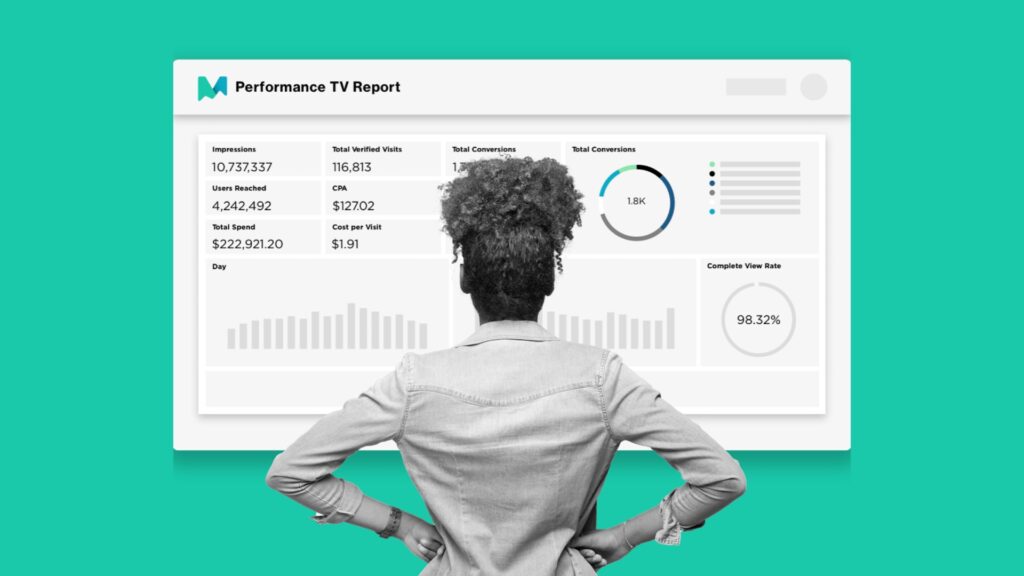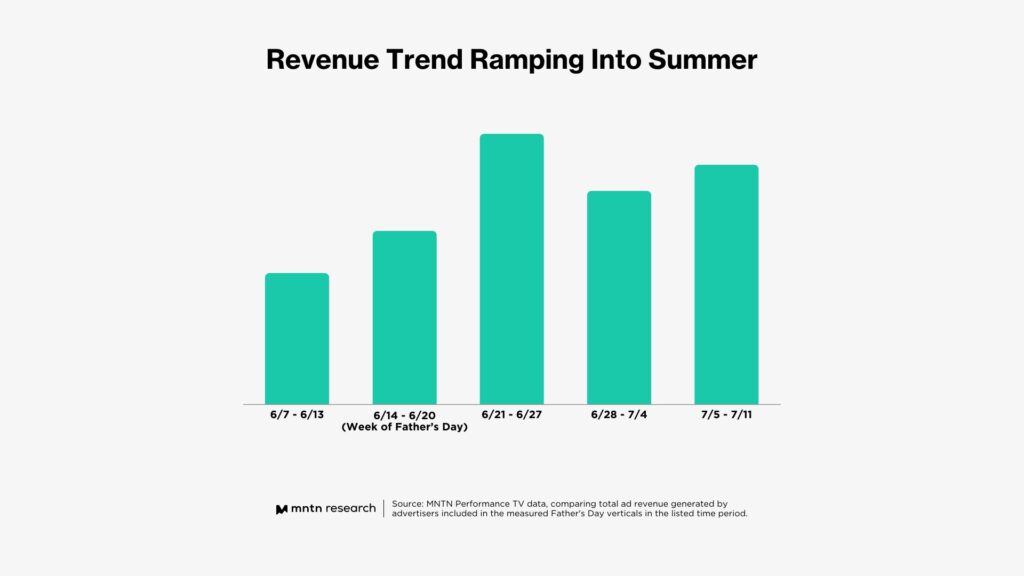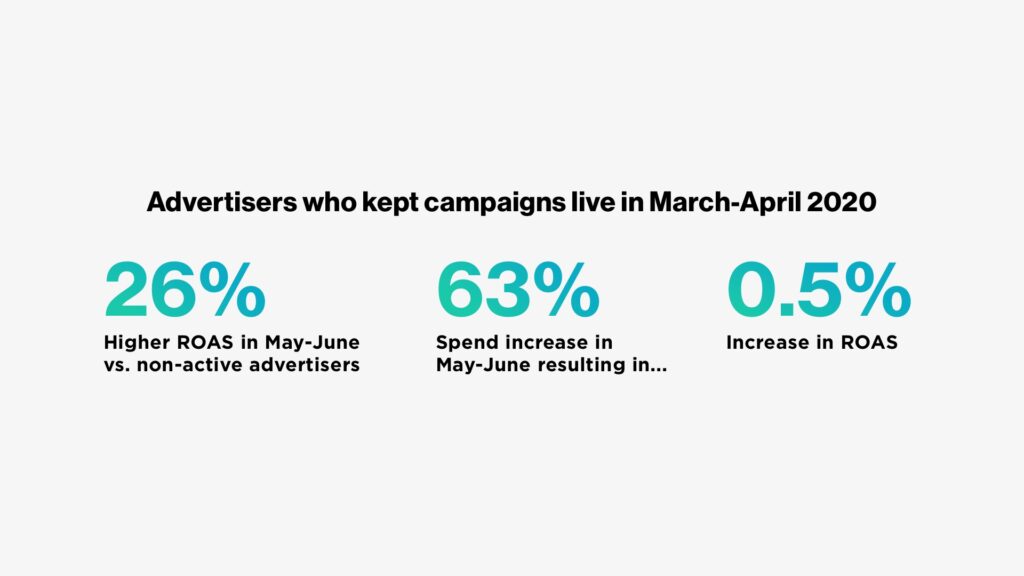MVPD (Multichannel Video Programming Distributor)
by The MNTN Team
7 Min Read
MNTN is the Hardest Working Software in Television. Get started today. Be on TV tomorrow.Learn More

5 Min Read
Tim Edmundson, Director of Content & Research at MNTN, recently sat down with eMarketer to discuss insights gathered from MNTN Research’s analysis of 10M+ hours of Connected TV (CTV) advertising data. Edmundson dug into the top CTV ad trends of the last year, how advertisers are utilizing CTV as a performance marketing channel, the results of some successful ad campaigns, and how CTV supported brands during the last period of economic uncertainty.
MNTN has collected a ton of performance data from our advertisers, and as Edmundson told viewers, the scope and scale of this data is massive. Over the past year (June ‘21 to June ‘22), CTV advertising via the MNTN platform has yielded the following results:
Edmundson stressed two key findings from these numbers:
Edmundson next covered the ways in which advertisers are leaning hard into CTV’s digital backbone—namely by utilizing full-funnel campaign approaches.
“We’ve found that many brands are leveraging CTV as a full funnel solution. Not only are they using CTV as an awareness channel to create demand, they’re also creating lower funnel campaigns (like retargeting).” – Tim Edmundson, Director of Content & Research at MNTN
Prospecting Campaigns on CTV
Many MNTN advertisers use CTV for prospecting campaigns which are great for reaching new audiences. By leveraging third-party audience data sources, brands can consistently reach viewers who align with their message. And when an ad resonates with or is specifically catered to a viewer, they are more likely to convert. Our analysis found that fashion and apparel advertisers who ran prospecting campaigns over the past year experienced a return on ad spend (ROAS) of 2.95X while generating ~1.5M Verified Visits.
Edmundson also provided these prospecting campaign best practices:
Retargeting Campaigns on CTV
MNTN advertisers utilize retargeting to continue hitting website visitors with messaging that will move consumers down the sales funnel and drive conversions. Edmundson stressed that retargeting can be a vital tool for performance marketers to drive results. This data from MNTN’s ecommerce vertical shows how impactful retargeting can be:
So how can advertisers be successful in their retargeting approach? Edmundson told viewers that the most important piece to a retargeting campaign is targeting high-intent users who have exhibited behaviors like visiting multiple product pages, adding items to carts, etc.
Prospecting + Retargeting on CTV
While prospecting and retargeting campaigns each offer their own benefits, Edmundson said that combining these types of campaigns can yield strong results. MNTN users who used both types of campaigns experienced 57% longer uptime for prospecting campaigns. In addition, brands saw a 34% increase in ROAS when retargeting was added to prospecting.
Seasonal
Edmundson went on to speak about how CTV can be successfully used for seasonal and evergreen advertising campaigns. He first covered some key learnings from Father’s Day 2022.

While revenue returns were strong leading into the holiday, revenue trended even higher into the summer season, suggesting that brands should keep their Father’s Day campaigns running and then transition to summer messaging.
Evergreen
Our data confirmed that CTV advertising is useful for advertisers who have a natural tie-in to these holidays, but it also showed that unrelated industries saw success during these time periods as well.
These were the top five non-seasonal verticals:
Top 5 ROAS for Summer (Evergreen)
Top 5 ROAS for Father’s Day (Evergreen)
A potential economic downturn is on a lot of people’s minds. Knowing this, Edmundson reviewed data from the last time this fear gripped advertisers: the outbreak of COVID-19:

Meaning, advertisers who continued running their CTV campaigns throughout the early months of the pandemic benefitted from doing so.
When asked why brands might choose CTV over other advertising channels during a recession, Edmundson had this to say:
“Brands should definitely stick with what’s working for them in regards to paid search and social. That said, I think adding Connected TV to the mix is a strong move. You don’t want to remove a channel that’s working for you. Instead, you want to add a channel that will produce similar, if not better results—CTV is this channel. With CTV, not only are you improving performance metrics, but you’re also getting the prestige that comes with advertising on TV.”
Edmundson had much more to discuss with eMarketer, including answering multiple high-impact topic questions from the audience. To watch a full recording of the webinar free of charge, click here.